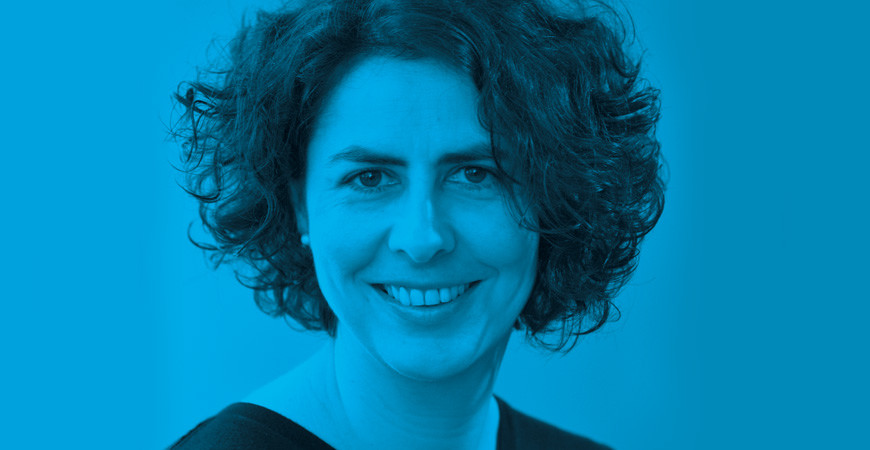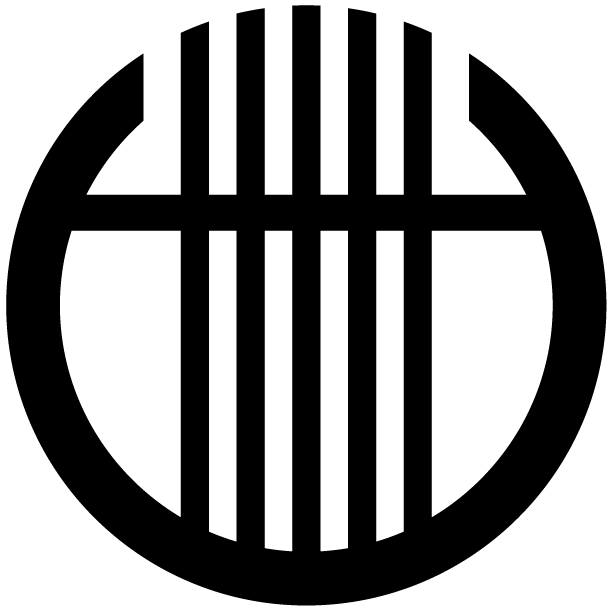
2016. november 10. 19.00-21.00
Solti terem
Here and Now
Judit Rajk and Classicus Quartet  A Zeneakadémia saját szervezésű programja
A Zeneakadémia saját szervezésű programja
Musica consolationis
Liszt – Gémesi G.
Sancta Caecilia
Brahms – Aribert Reimann
Ophelia-Lieder (WoO.22)
Dvořák–Christian Mondrup
Biblické písně (Bibliai dalok), op. 99
SZÜNET
Gubaidulina
Egy angyal
Sosztakovics
7. (fisz-moll) vonósnégyes, op. 108,
Sosztakovics–Lera Auerbach
Hat dal Maria Cvetajeva verseire, op. 143
-;-Rajk Judit (alt)
Horia Dumitrache (klarinét); Fervágner Csaba (nagybőgő)
Classicus Quartet: Rácz József, Baksai Réka (hegedű); Tornyai Péter (brácsa); Zétényi Tamás (cselló)
Sancta Caecilia
Brahms – Aribert Reimann
Ophelia-Lieder (WoO.22)
Dvořák–Christian Mondrup
Biblické písně (Bibliai dalok), op. 99
SZÜNET
Gubaidulina
Egy angyal
Sosztakovics
7. (fisz-moll) vonósnégyes, op. 108,
Sosztakovics–Lera Auerbach
Hat dal Maria Cvetajeva verseire, op. 143
-;-Rajk Judit (alt)
Horia Dumitrache (klarinét); Fervágner Csaba (nagybőgő)
Classicus Quartet: Rácz József, Baksai Réka (hegedű); Tornyai Péter (brácsa); Zétényi Tamás (cselló)
Judit Rajk and Classicus Quartet have come up with a truly special, spiritual programme characterized by the daring (and what promises to be cathartic) duality of introspection and extreme self-revelation. The asceticism and timelessness, almost ethereal quality of the mature Liszt is apparent in his work Sancta Caecilia, and the drama of the most famous Shakespearian tragedy is told with near folklorist purity in Brahms’s Ophelia Lieder. This is followed by the Dvořák cycle of ten songs, the psalms of which the composer picked from the Kralice Bible (Moravia, second half of the 16th century), then Gubaidulina pays tribute to Else Lasker-Schüler, the German Expressionist poet known for her mythical dream-worlds (Ein Engel). The concert concludes with songs and a harrowing string quartet written by Shostakovich in memory of his first wife, presenting the sounds of agonized emptiness represented through the fate of Russian Modernist poet Marina Tsvetaeva, who committed suicide. The concert is made all the more topical and exciting in that the songs, song cycles originally for piano and vocals are performed in arrangements by different contemporary composers. Singer Judit Rajk is known as a fine interpreter of sacred and contemporary works; her soothing, tender alto voice is particularly suited to oratorios and lieder. The talented double bass player Csaba Fervágner is the principal of the Hungarian Radio and Television Symphony Orchestra. Every talented young artist in the Classicus Quartet also works as a soloist; they are joined in the Dvořák piece by one of the region’s finest clarinet soloists, Budapest-resident Romanian Horia Dumitrache, who is a member of the Klang Forum Wien and Berlin Kammerensemble Neue Musik.
Jegyár:
HUF 1 300, 1 900


